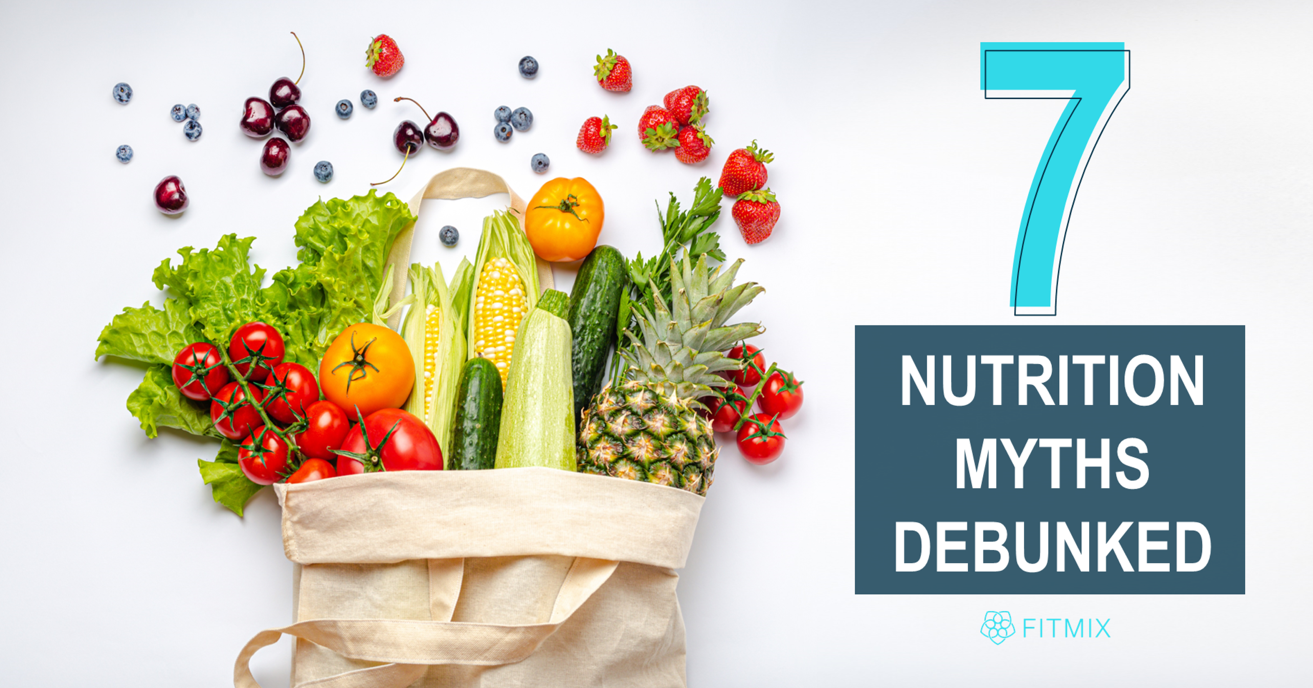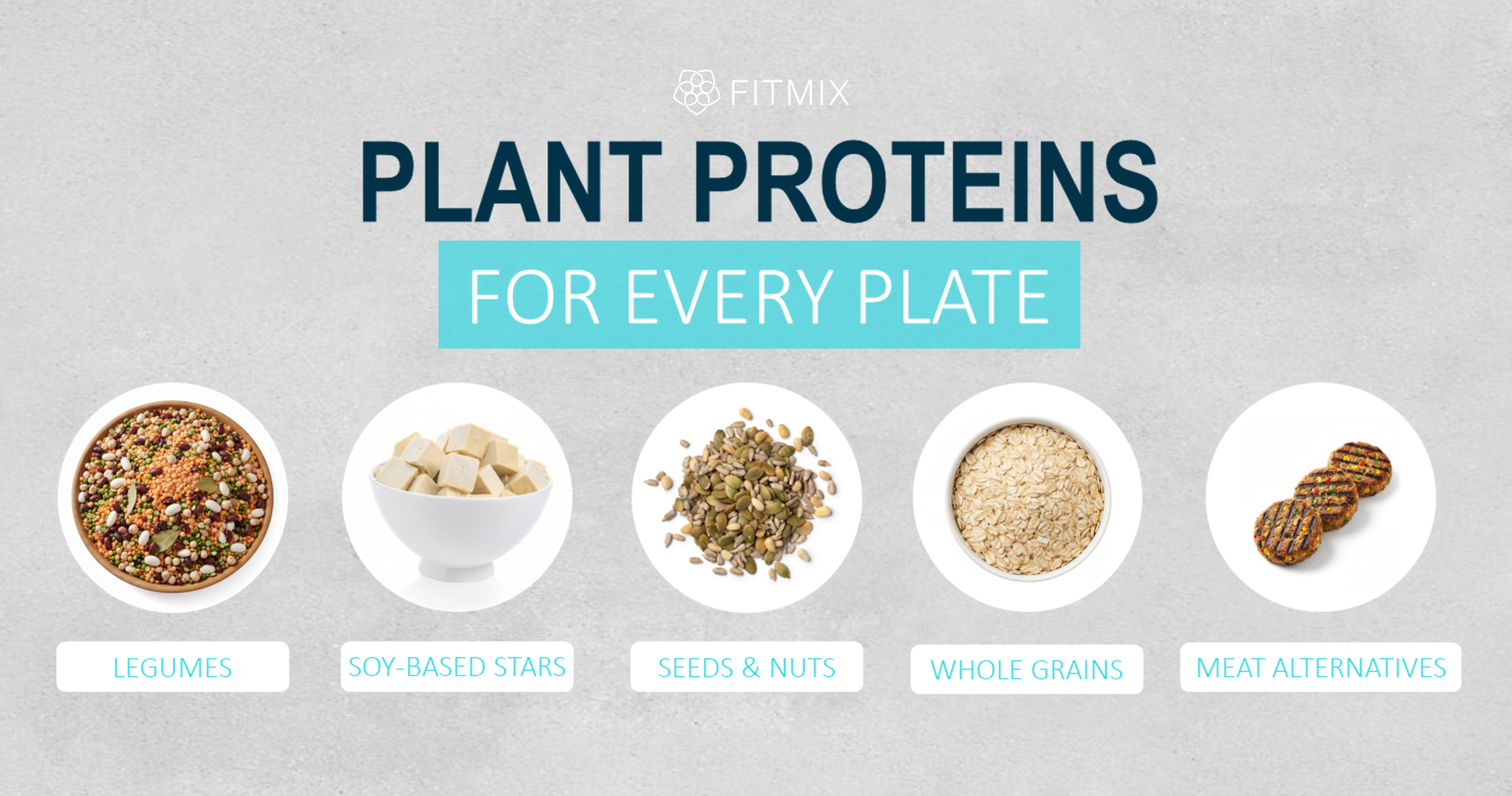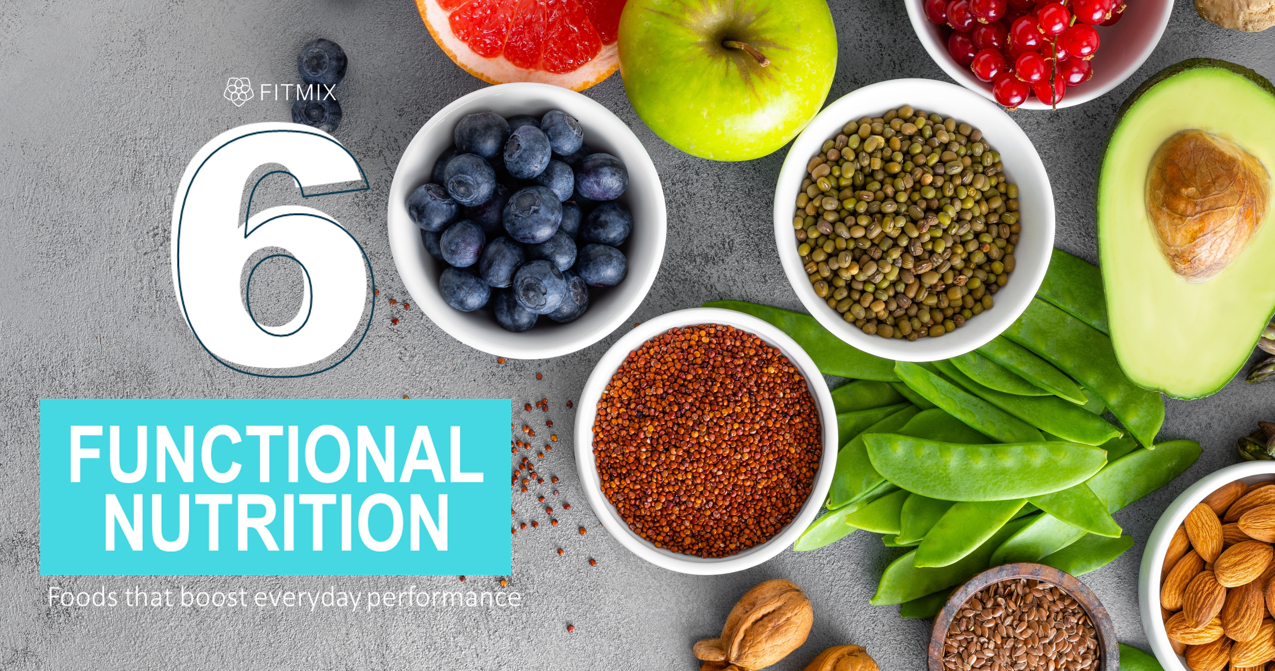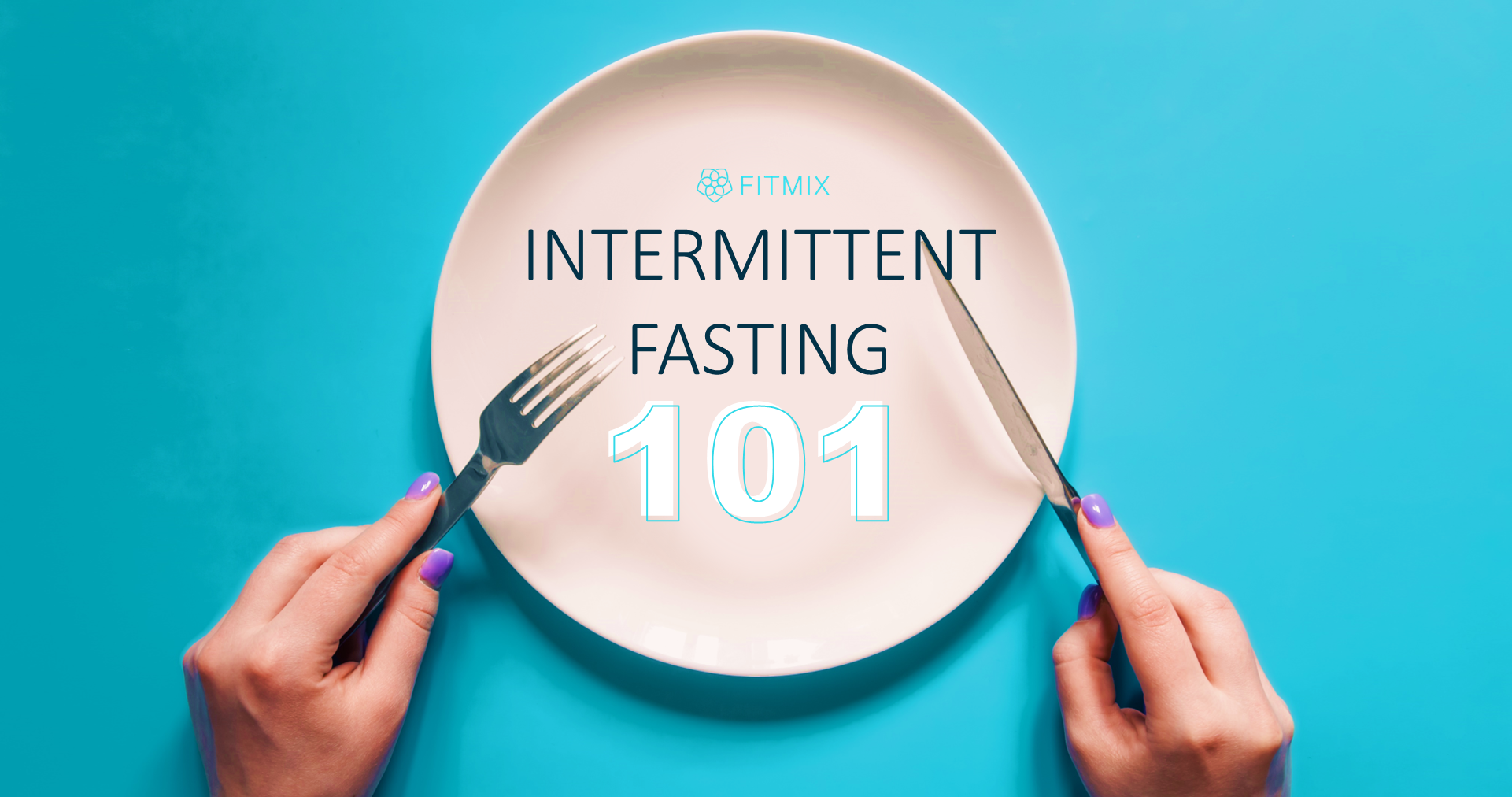7 Nutrition Myths Debunked
 August 24, 2024
August 24, 2024
 0
0
 0
0

With so much information about nutrition available, it can be challenging to separate fact from fiction. Here, we debunk some common nutrition myths to help you make informed dietary choices and maintain a healthy lifestyle.
Myth 1: Carbs Are Bad for You
Fact: Carbohydrates are an essential part of a balanced diet. They provide energy for your body and brain. The key is to choose complex carbohydrates, such as whole grains, fruits, and vegetables, over simple carbs like sugary snacks and refined grains.
Myth 2: Eating Fat Makes You Fat
Fact: Not all fats are created equal. Healthy fats, such as those found in avocados, nuts, seeds, and olive oil, are crucial for brain health, hormone production, and nutrient absorption. It's important to limit trans fats and saturated fats found in processed foods and red meat.
Myth 3: You Need to Detox Your Body
Fact: Your body has its own natural detoxification systems, including the liver, kidneys, and digestive tract. A balanced diet rich in fruits, vegetables, whole grains, and lean proteins supports these systems without the need for detox diets or cleanses.
Myth 4: Skipping Meals Helps with Weight Loss
Fact: Skipping meals can lead to overeating later in the day and disrupt your metabolism. Eating regular, balanced meals helps maintain steady blood sugar levels and supports overall health. Focus on portion control and nutrient-dense foods instead.
Myth 5: All Calories Are Equal
Fact: While calories measure energy, not all calories have the same impact on your body. Nutrient-dense foods, such as fruits, vegetables, lean proteins, and whole grains, provide vitamins, minerals, and fiber, whereas empty calories from sugary drinks and junk food offer little nutritional value.
Myth 6: You Should Avoid Gluten If You Want to Be Healthy
Fact: Unless you have celiac disease or a gluten intolerance, there is no need to avoid gluten. Whole grains that contain gluten, such as wheat, barley, and rye, offer important nutrients and fiber that contribute to a healthy diet.
Myth 7: Supplements Can Replace a Healthy Diet
Fact: Supplements can help fill nutritional gaps but should not replace a balanced diet. Whole foods provide a wide range of nutrients that work together synergistically. Rely on supplements only when necessary and under the guidance of a healthcare professional.
Conclusion
Understanding the facts about nutrition is essential for making informed dietary choices. By debunking these common myths, you can focus on eating a balanced, nutrient-rich diet that supports your overall health and well-being. Stay informed, eat mindfully, and enjoy a healthy lifestyle!
Subscribe to My Newsletter
Fill your email below to subscribe to my newsletter
Comments (00)
Be the first to comment!
Leave a Reply
Your email address will not be published. Required fields are marked *





